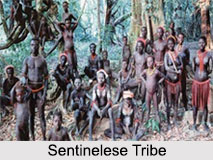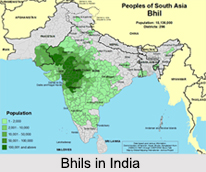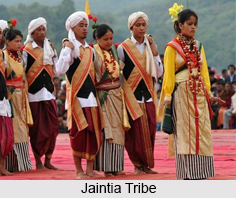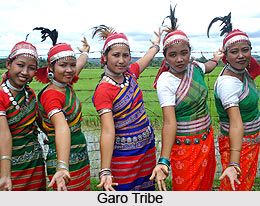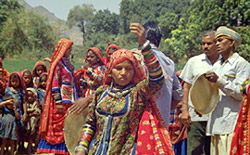Amongst the various tribal communities that throng several districts and provinces of Bihar state of India, Savar has truly gained a place of prominence amongst the anthropologists till date. Although much is not known about the origin of these Savar tribes of Bihar, the popular is that these Savar tribes have settled down here after migrating from some other place within the subcontinent of India. Apart from Bihar, the Savar tribes are concentrated in some parts of India namely Ranchi, Singbhum and Hazaribag. As far as the language of these Savar tribes is concerned, most of these Savar tribes converse with other using the tongue that has a belonging to Mundari group.
The Savar tribes are classified in four sub tribes among which three are Basoo, Jaytapati and Jhara. The Jhara tribes reside in some parts of Dhalbhum. The Savar people earn their livelihood by doing various occupations. Some are engaged as labourers, herbs and fruit collectors and wine makers. Some of the people are occupied in agriculture.
The Savar society is Panchayat based. In order to keep the whole of the tribal society in better control, the Village Panchayat choose the village head man as the `Manjhi` who used to held rent -free land for his various services.
For settlement, these Savar tribes have built their villages at the foot hills and that too near the water bodies of the state. Moreover, the houses of these Savar villages are set using various materials like bamboo, wood etc. These are built in a linear style, with the walls inside the house made from mud. Similar to any other tribal community, this Savar family too is patriarchal following the nuclear family structure. Marriage is also an important institution, which these Savar tribes celebrate in accompaniment of several rituals and customs. In the society of the Savar community monogamy is practiced and widow marriage is also permitted.
Pious nature of these Savar tribal people has resulted in developing tremendous faith on several deities. Dharamdevata, also popular as Dharmesh, is the principal deity of these Savar tribes. Also the Savar tribes from time to time revere the Mother Earth and also seek her blessings. The people of this community are the followers of Hinduism and they worship the deities of Manasa and goddess Kali.

















